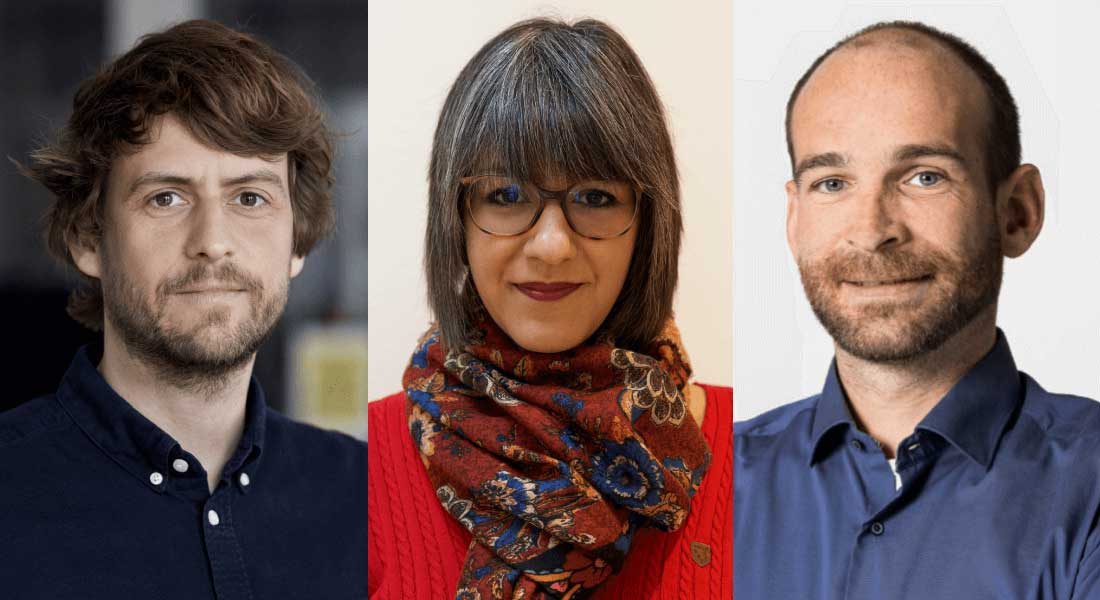SUND receives three fellowship grants from the Lundbeck Foundation
Every year, the Lundbeck Foundation awards grants of DKK 10 million to researchers in so-called fellowships. Three researchers from the Faculty of Health and Medical Sciences at the University of Copenhagen receive such a research grant in 2022.

The opportunity to establish your own research group at a Danish hospital or university, and five years to work focused on a biomedical science project.
This is what awaits junior researchers if they are awarded an LF Fellowship worth DKK 10 million to be paid out over a period of five years.
The following three researchers have received the Lundbeck Foundation 2022 Fellowship, who will have their base at The Faculty of Health and Medical Sciences at the University of Copenhagen:
With this grant, to be paid out over a period of five years, Peter C. Petersen can establish his own research group in the Neuroscience Department at the University of Copenhagen.
He specializes in theta rhythms, which are part of the electrical activity in the brain. These rhythms are involved in learning and memory – as well as in spatial navigation in a physical environment.
With this fellowship, Peter C. Petersen intends to conduct experiments in animals to study whether theta rhythms play a role in memory impairment associated with Alzheimer’s – and whether it is possible to mitigate this type of memory loss.
The grant, to be paid out over five years, enables Azadeh Shahsavar to establish her own research group at UCPH, where she and her team will study the structure and function of proteins that transport glycine and glutamine in the brain.
Glycine and glutamine are amino acids that each play key roles in the extremely complex signalling process between nerve cells that takes place in the brain. Dysregulation of their homeostasis is associated with a number of neurological disorders, where glycine and glutamine do not fulfil their roles optimally.
Azadeh Shahsavar, age 38, hopes that expanding our understanding of the proteins which transport glycine and glutamine in the brain can pave the way for the development of new pharmaceuticals to treat neurological disorders and possibly even cancer.
The research grant, to be paid out over a period of five years, enables Nils Krietenstein to establish his own research team at KU.
Nils Krietenstein, age 38, has developed a technique that makes it possible to study human chromatin folding in high-definition 3D.
Chromatin is the combination of DNA and protein that makes up the substance in a cell nucleus – and its folding is necessary for the nucleus in each cell to contain the enormous volumes of information stored in our DNA.
Nils Krietenstein will be examining this folding in detail to expand our understanding of how our DNA – our hereditary material – is expressed in different cell types. The aim is to study how noncoding mutations can contribute to the development of, for example, neurological disorders and cancer by changing the 3D organization of genomes.
